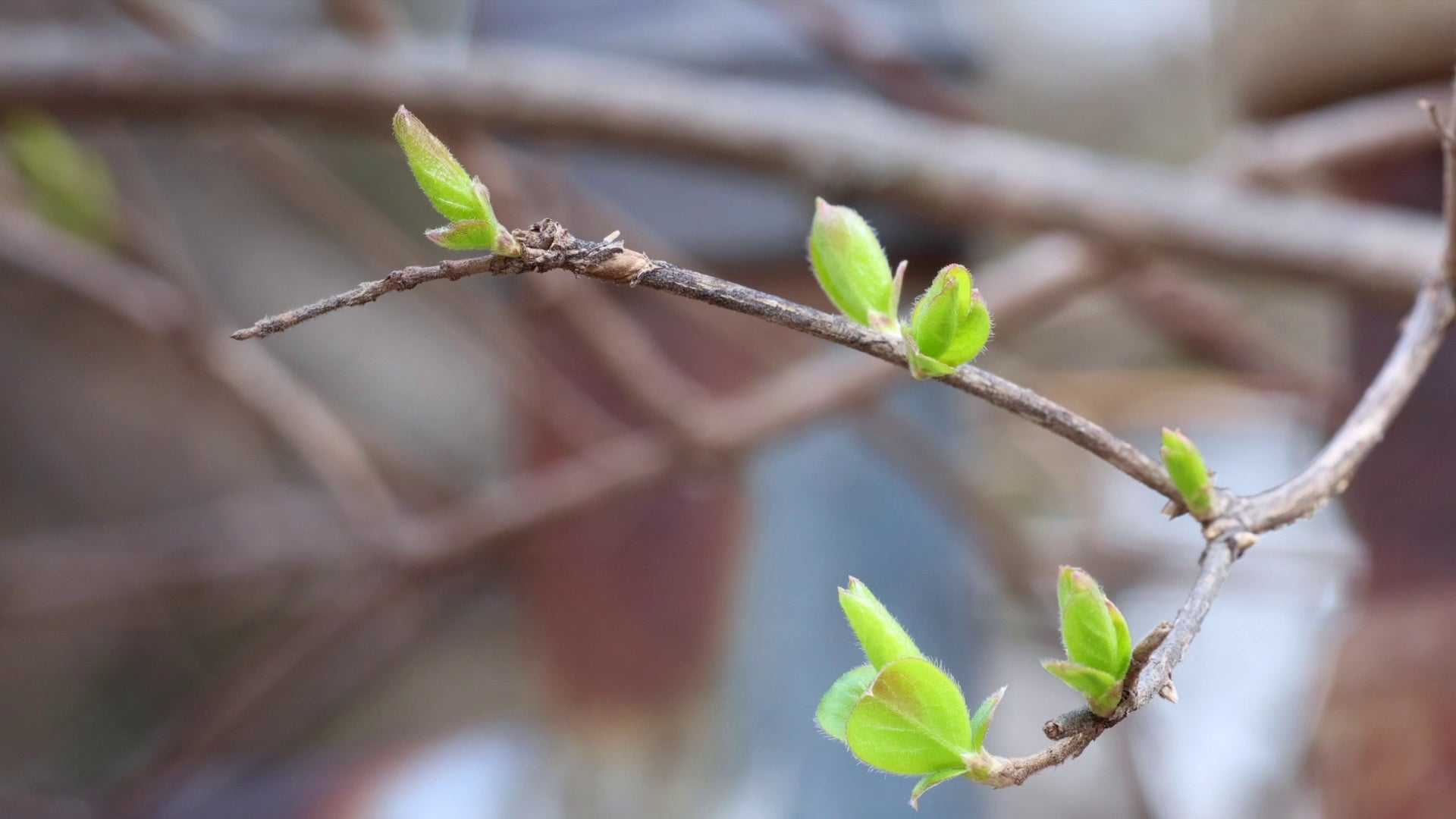Indianapolis faces high juniper pollen levels in early allergy season
INDIANAPOLIS (WISH) — Indianapolis residents, brace yourselves for a sneezy March.
The city is experiencing high levels of juniper pollen, a trend that has allergy sufferers reaching for their tissues earlier than usual.
The warmer-than-average temperatures throughout February and early March have triggered an uptick in pollen production, with juniper taking the lead in making its presence felt across the region.

The city’s pollen trackers indicate that juniper is at a high level in Indianapolis, causing an increase in allergy symptoms for many locals. With the area’s pollen levels shown in vivid yellows and reds on maps, there’s no denying the potency of this year’s pollen season. The Pollen Tracker’s daily forecast shows fluctuating levels, but, with “high” as a consistent theme, there’s a clear indication that this season might be particularly challenging for those with sensitivities.

Other early pollinators including birch, oak and maple are not far behind, with moderate levels already impacting air quality. These trees, which are starting to pollinate earlier than expected, typically contribute significantly to the area’s pollen count.
While the focus remains on tree pollen, grass and ragweed are worth watching as we move into the summer and fall months. Grass pollen doesn’t start really come into play into the midsummer months and Hoosiers will have to wait until September and October before ragweed becomes an issue. With the warm spell from late winter continuing into early spring, these too could contribute to the atmospheric pollen sooner than anticipated, potentially creating a more difficult situation for those affected.

As Indianapolis grapples with the early arrival of allergy season, staying informed about the daily pollen count is crucial. Allergy sufferers are advised to monitor local pollen forecasts, keep windows closed, use air filtration systems indoors, and consider over-the-counter or prescription allergy relief, following consultations with healthcare providers. With juniper leading the charge, a proactive approach to allergy management this season is more important than ever.
